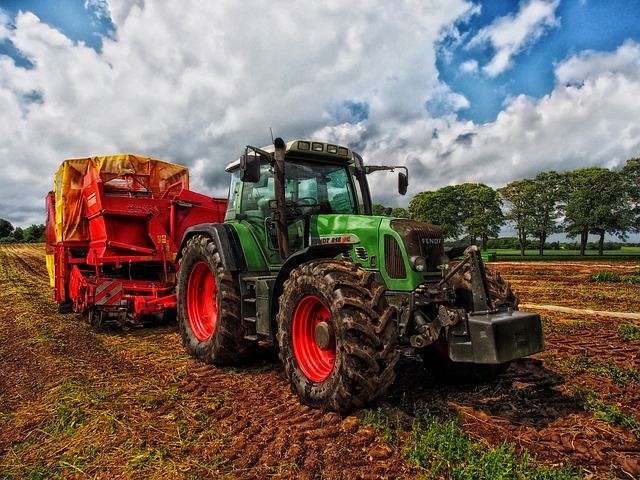In order to successfully market to farmers, you need solid agriculture leads, mailing lists, and a variety of other marketing tools. Once you have these tools in hand, however, your job has just begun. One of the most common reason marketing to farmers is a challenge is because of the many common misconceptions people have about farmers.
In order to speak to your target audience – in this case, farmers – it is important that you leave all stereotypes at the door. What follows is a list of the some of the most common ones that can be a real impediment to successfully marketing to farmers.
- All farmers are old. While it is true that the average age of farmers in on the rise (this is true in the general population, as well), there also is a growing number of young, beginning farmers. This is due in part to a variety of programs introduced by Congress and the USDA to support young people interested in farming. These programs include the Agricultural Credit Improvement Act, the Farm Security and Rural Infrastructure Act of 2002, and the Food, Conservation, and Energy Act.
- All farmers are white. While many farm owners are white there is an increasing number of people – of all races and ethnicities – who are interested in breaking into the farming industry.
- Farmers are not well-educated. While they may not have degrees in philosophy, farmers are far from uneducated. In order to be a successful farmer, one needs to have an in-depth knowledge of microbiology, ecology, chemistry, economics, carpentry, forestry, and more. Further, many young farmers are starting out after graduating with majors in things like agriculture, land management, and similar fields of study.
While common sense should always dictate marketing decisions when it comes to a particular market segment, it is better to be safe than sorry. That means you need to know who you are talking to before you start a conversation. Here are some facts about farmers you can count on:
- Farmers generally produce a crop or livestock. In some cases, both. These crops and livestock are in most cases are sold to food processing companies.
- Farmers receive most of their training on the job – even if they have earned a degree in agriculture or a similar field.
- Most farmers are self-employed and their duties will vary with the size of their farming operation. Small farmers will typically take care of all day-to-day operations while large farms will have employees that manage particular tasks.
- Farming can be a challenge financially. So much to do with farming has to do with market fluctuations so a farmer’s financial return can vary greatly from year to year.
- It is hard to find anyone who works longer or harder than a farmer. Time is always of the essence as farmers fight weather conditions, market fluctuations, and other factors.
Marketing to farmers is a challenge because of the particular nature of the industry. Having a good grasp of farmers and what makes them tick will help your efforts be successful.
Agriculture apps are a big business. With more and more farmers using tablets and smartphones while working in the fields, it’s no surprise that they are searching for apps that can help them do their jobs better.
Finding quality farming and agriculture apps can be a difficult task. This is unfortunate since there are so many quality apps out there that can make a farmer’s workload lighter.
One problem with finding quality farming apps is that it’s hard to know which agriculture apps are really useful. Thankfully, there are ways around this problem. For instance, AgWeb now has an app finder that allows users to search by category, such as markets, business, livestock, and crops.
What follows are some of the apps farmers list as their favorites. But remember, the most popular apps can change quickly – and new ones are popping up daily.
Ag PhD App Suite. This suite of apps includes a field guide, drainage calculator, planting population, a harvest loss calculator, and more.
AgWeb. This app features market news, weather, and other ag-related content. It also is interactive – allowing users to choose the specific content they are interested in.
Climate Basic. From The Climate Corporation, this app enables users to track up-to-the-minute, field-level information such as weather forecasts, soil conditions, and crop growth stage. Farmers also are able to add their own notes and field alerts.
Farm Futures. Farm Futures magazine’s app provides an overview of agriculture news and headlines, along with podcasts.
FarmLogs. Farmers can collect and log detailed information on a per-field basis with this app. Rainfall history, budgets, and inventory management are just some of the information farmers can track using FarmLogs.
Grower’s Edge. Offering a variety of functions, this app includes access to cash prices, market quotes and commentary, news, and weather.
Pioneer/Encirca View. Encirca View allows farmers to record field observations which are then georeferenced for their convenience. When used with the Encirca View website, users also are able to access aggregated data from other Encirca View users.
TractorHouse. A simple way to buy or sell a tractor. The TractorHouse app allows users to browse or list equipment by make, model, price, and location.

